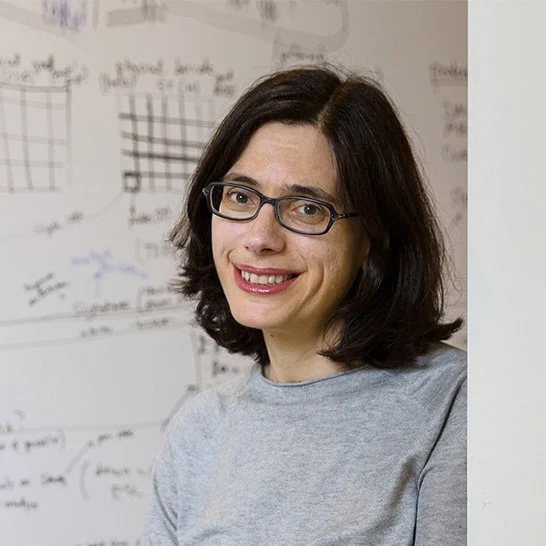The recent advent of methods for high-throughput single-cell and spatial profiling has opened the way to create a human cell atlas: comprehensive reference maps of all human cells as a basis for both understanding human health and diagnosing, monitoring, and treating disease. Such maps reveal rich biology to help us understand in which cells disease genes act, which cells are disrupted in disease, what mechanisms underlie their (dys)regulation, and what impact therapies would have. In this talk, Aviv Regev, head of Genentech Research and Early Development, will describe how atlases illuminate the relation between genotype to phenotype, especially in the context of human genetics and diseases such as cancer and COVID-19, using single cell genomics as a conceptual and technical framework. She will also describe how this deeper approach to directly probing human biology, in combination with new computational algorithms and new therapeutic modalities, is poised to accelerate the drug discovery process.
Where & When
Zoom Webinar
1:00 to 2:00 PM PT, Wednesday, February 9, 2022
About the Speaker
As Executive Vice President, Genentech Research and Early Development (gRED), Aviv Regev is responsible for the management of all aspects of Genentech’s drug discovery and drug development activities. She is a member of the Genentech Executive Committee and the expanded Corporate Executive Committee for Roche.
Prior to Genentech, Regev served as Chair of the Faculty, Core Institute Member, founding director of the Klarman Cell Observatory, and member of the Executive Leadership Team of the Broad Institute of MIT and Harvard, as well as Professor of Biology at MIT and Investigator at the Howard Hughes Medical Institute. She is a founding co-chair of the Human Cell Atlas.
Regev has served on multiple corporate advisory, scientific advisory, and journal editorial boards, including the advisory committee to the National Human Genome Research Institute at the National Institutes of Health.
Regev is a leader in deciphering molecular circuits that govern cells, tissues and organs in health and their malfunction in disease. Her lab has pioneered foundational experimental and computational methods in single-cell genomics, working toward greater understanding of the function of cells and tissues in health and disease, including autoimmune disease, inflammation and cancer. She is a member of the National Academy of Sciences and National Academy of Medicine, and she is also a Fellow of the International Society of Computational Biology.
Regev has a Ph.D. in computational biology and a Master of Science from Tel Aviv University.


